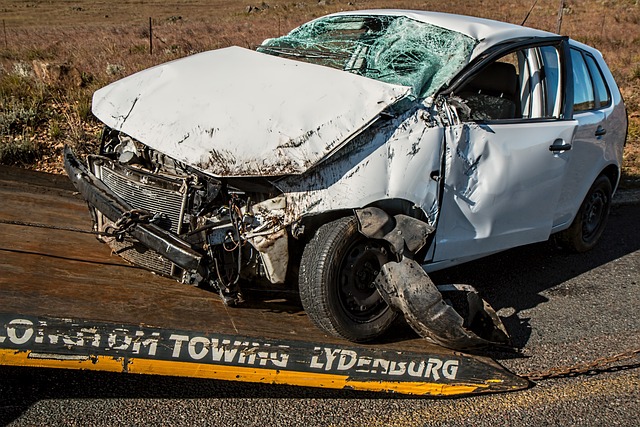Personal Injury Protection (PIP) insurance, often referred to as no-fault insurance, is designed to provide financial coverage for medical expenses, lost wages, and other associated costs after an accident, regardless of fault. This essential insurance feature ensures quick access to funds and comprehensive protection for drivers and passengers. But what exactly does PIP cover? Let’s break down the key components of PIP insurance and how they work to safeguard your finances.
What Is Covered Under Personal Injury Protection?
PIP insurance covers a wide range of expenses incurred due to injuries sustained in a car accident. Its comprehensive nature makes it a vital part of auto insurance policies, especially in no-fault states.
1. Medical Expenses
One of the primary functions of PIP insurance is to cover medical costs resulting from an accident. This includes:
- Doctor Visits: Coverage for consultations and follow-ups with healthcare professionals.
- Hospital Stays: Payments for overnight stays, surgeries, and treatments.
- Rehabilitation: Physical therapy, occupational therapy, or chiropractic care.
- Medication Costs: Coverage for prescription drugs related to injury recovery.
PIP insurance ensures that medical bills are paid promptly, reducing the financial stress of an accident. For more on the importance of PIP coverage, read here.
2. Lost Wages
Accidents often lead to missed work, which can result in significant financial strain. PIP insurance provides compensation for lost wages during recovery.
- How It Works: If you are unable to work due to accident-related injuries, PIP reimburses a percentage of your lost income up to the policy’s limits.
- Example: If your policy covers 80% of lost wages and you earn $1,000 per week, you would receive $800 for each week you are unable to work.
3. Funeral Expenses
In the unfortunate event of a fatal accident, PIP insurance helps cover funeral and burial expenses. This benefit ensures that families are not burdened with additional financial stress during an already challenging time.
- Coverage Amount: The specific amount covered varies by state and policy.
4. Essential Services
PIP insurance also covers the cost of services you’re unable to perform due to injury. This includes:
- Housekeeping: Assistance with cleaning and household chores.
- Childcare: Coverage for childcare services while recovering.
- Meal Preparation: Help with cooking or meal deliveries.
5. Passenger Coverage
One unique feature of PIP insurance is its extension to passengers in your vehicle. If passengers are injured in an accident, PIP covers their medical expenses and other eligible costs.
- Example: If a passenger sustains injuries that require physical therapy, PIP will pay for their treatments.
For insights into who benefits most from PIP insurance, read here.
What Does PIP Not Cover?
While PIP offers extensive coverage, there are certain limitations. Understanding these exclusions can help you make informed decisions about your auto insurance.
1. Vehicle Damage
PIP does not cover repairs to your car after an accident. For that, you’ll need collision insurance.
2. Non-Accident Injuries
Medical expenses unrelated to a car accident, such as illnesses or workplace injuries, are not covered under PIP.
3. Pain and Suffering
Unlike liability insurance, PIP does not compensate for pain and suffering caused by an accident.
How Much Coverage Do You Need?
The amount of PIP coverage required varies by state, with some no-fault states mandating minimum coverage levels. However, you may opt for higher limits if:
- You have inadequate health insurance.
- You want added financial security for lost wages and essential services.
Real-Life Example: PIP in Action
Imagine John, a driver in Florida, who is injured in a rear-end collision. Thanks to his PIP insurance, John receives:
- $5,000 for hospital bills.
- $2,000 for lost wages during his recovery.
- $1,000 for childcare services.
John’s PIP coverage ensures that he can focus on recovery without financial worries.
Why Is PIP Insurance Important?
PIP insurance provides several critical benefits that make it a valuable addition to your auto policy:
- Quick Access to Funds: Immediate financial assistance without the need to determine fault.
- Comprehensive Protection: Covers medical bills, lost wages, and essential services.
- Passenger Inclusion: Extends coverage to anyone injured while riding in your vehicle.
Personal Injury Protection insurance offers robust coverage for medical expenses, lost wages, and more, making it an essential safeguard for drivers and passengers. By understanding what PIP typically covers and its limitations, you can ensure that you’re adequately protected in the event of an accident. Whether mandated by your state or added voluntarily, PIP insurance provides peace of mind and financial security when you need it most.



